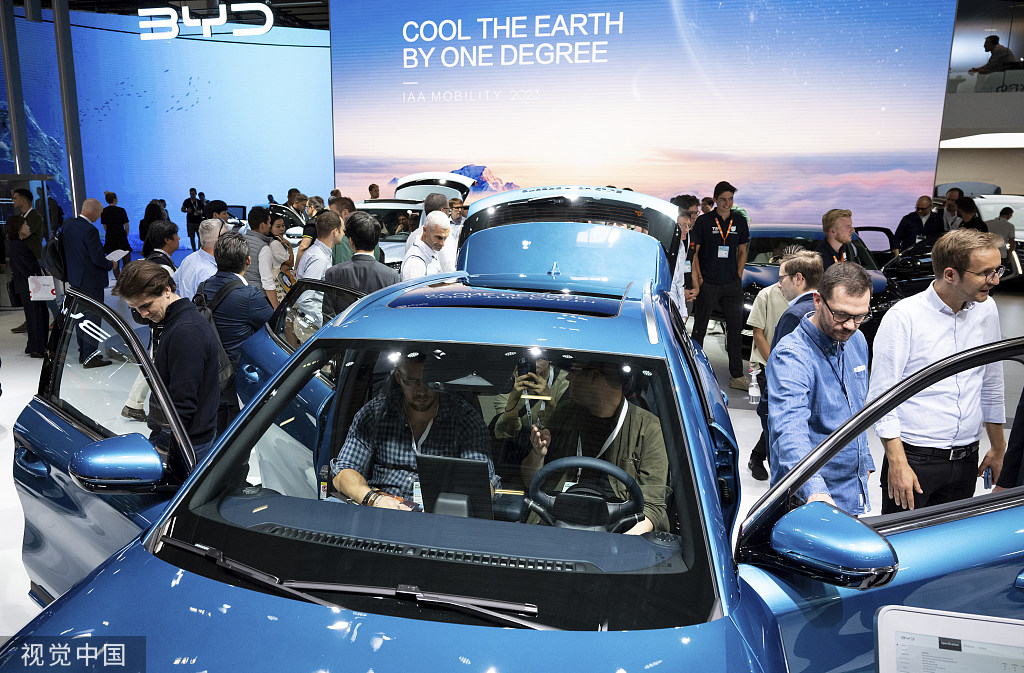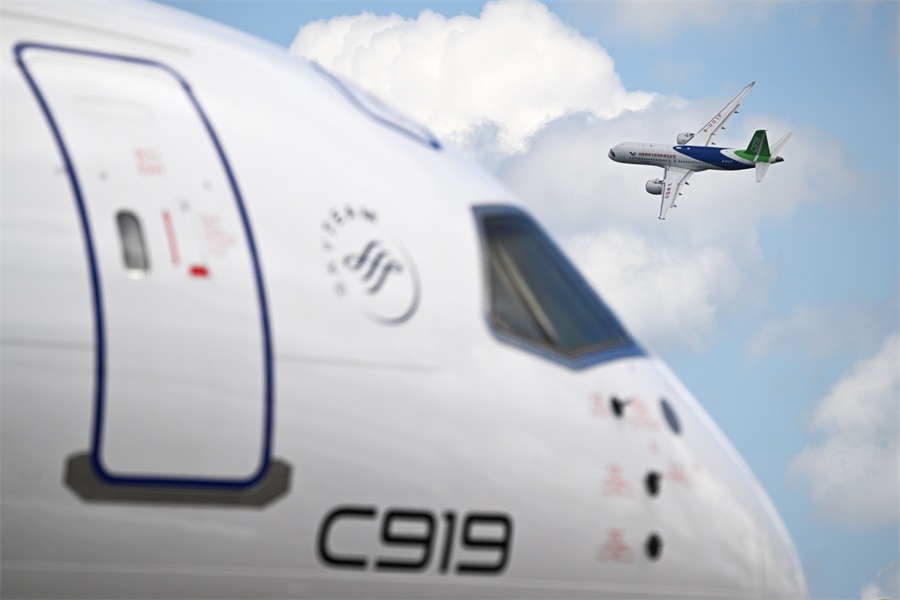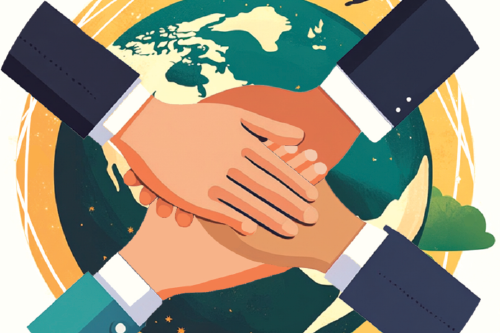EU's growing protectionism a dangerous sign


The European Commission's launch of an investigation on Wednesday on subsidized electric cars from China and its recommendation on Tuesday of risk assessment for critical technologies are the latest signs of rapidly growing protectionism in the 27-member bloc.
While the commission has not named China in its so-called collective risk assessment of critical technologies, it is abundantly clear that China is the main target.
The four technology areas that the commission listed for initial investigation include advanced semiconductor, artificial intelligence, quantum technology and biotechnology. Further investigations could be expanded to advanced connectivity, navigation and digital technologies, advanced sensing technologies, space and propulsion technologies, energy technologies, robotics and autonomous systems and advanced materials, manufacturing and recycling technologies.
If agreed by the member states on the four areas by spring of 2024 as the commission hopes, EU could adopt investment and export restrictions on a wide range of technologies in the name of protecting its economic security.
Such protectionist measures, however, will only lead to the technological bifurcation that many, including the United Nations Secretary General Antonio Guterres, have warned against in a potential new Cold War where the world is divided into rivaling political blocs.
China has conducted fruitful technological cooperation with other countries, including EU member states, the United States and Japan, in the past decades. It is hard to imagine that such cooperation, which has benefited both sides and the whole world, will be stopped due to political and ideological differences.
EU's export restrictions could slow down China's technological development for the short term, but they will also hurt EU and its member states since China has become one of the technological powers in the world in multiple areas including quantum computing, artificial intelligence and clean technology.
In a similar stunt, the arms embargo on China imposed by the US and EU 34 years ago have not prevented China's advance in military technologies. On the contrary, it has propelled China to make greater strides in its national defense modernization. It is just a reminder that any EU technology curbs on China are doomed to fail.
In the past few years, EU has been coerced by Washington to ban Huawei 5G on groundless national security allegations. It has let the US government to dictate and bully its technology companies, such as chipmaking equipment giant ASML of the Netherlands, to restrict exports to China, a move that aims to hurt China's technological rise but in reality also harms ASML, the Netherlands and EU sovereignty.
What is more disturbing is that EU, which touts itself as a global leader in fighting climate change, has been targeting China's electric vehicles, solar panels and other technologies related to fighting climate change. These measures are undermining the badly needed global cooperation on climate change and are sending a dangerous signal ahead of the COP28 to be held later next month in Dubai, United Arab Emirates.
China, the US and EU have all been subsidizing their green technologies as reflected in the US Inflation Reduction Act and EU's Green Deal Industrial Plan. But China's huge progress in green technologies from solar and wind to EVs should be attributed to the nation's early start and great emphasis on clean technology, rather than subsidies. It should be applauded as great achievements for tackling the most urgent global challenge of climate change and not be demonized or undermined as the European Commission is trying to do.
The latest EU moves will not only risk a tit-for-tat trade wars between the two large trade partners but also divide the world and undermine the climate fight, making everyone worse off.
The author is chief of China Daily EU Bureau based in Brussels.


































